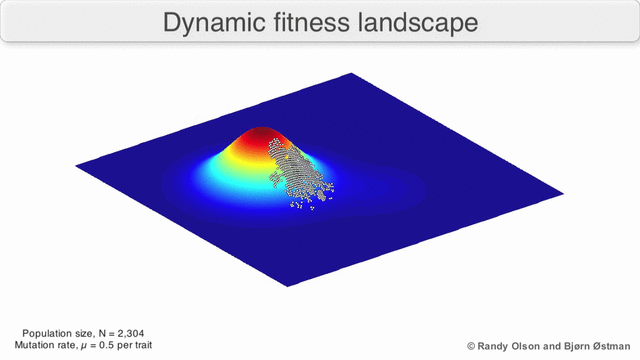"Interestingly, recent research in evolutionary biology has direct relevance for understanding how some organizations survive over time and others fail. [Moi ici: O nosso velho "a economia é a continuação da biologia"] At its heart, evolution refers to change or transformation over time. Natural selection refers to the process where, over time, favorable traits (traits useful for survival) become more common and unfavorable traits become less prevalent. In commenting on this, David Sloan Wilson, an evolutionary biologist, noted that "natural selection is based on the relationship between an organism and its environment, regardless of its taxonomic identity." Thus, it can readily apply to organizations as well as birds, insects, slime mold, and humans.
The three major underpinnings of evolutionary theory are variation (organisms or organizations differ on traits), selection (these differences sometimes make a difference in the organisms ability to survive), and retention (these useful characteristics can be passed from one generation to another). As environments change over time, the variation in traits can make organisms more or less fit, such that the former are more likely to survive. [Moi ici: A tal paisagem competitiva enrugada que se mexe] As organizations compete and struggle for existence, they clearly vary in ways that make some more competitive than others. Fitness in this case is not the reproductive success of biology but the ability to attract resources (physical, financial, and intellectual). [Moi ici: Recordo "What was the best strategy in the end?"] Less fit organisms die. Thus, survival at the organizational level is a function of the process of variation and selection occurring across business units and the ability of senior management to regulate this process in a way that maintains the ecological fitness of the organization with its environment. [Moi ici: Por isto, o team da caridadezinha, os trabalhadores não tomam este tipo de decisões] This process does not imply random variation but a deliberate approach to variation, selection, and retention that uses existing firm assets and capabilities and reconfigures them to address new opportunities."
Trecho retirado de "Lead and disrupt: how to solve the innovator's dilemma" de Charles A O' Reilly III and Michael L. Tushman.





















